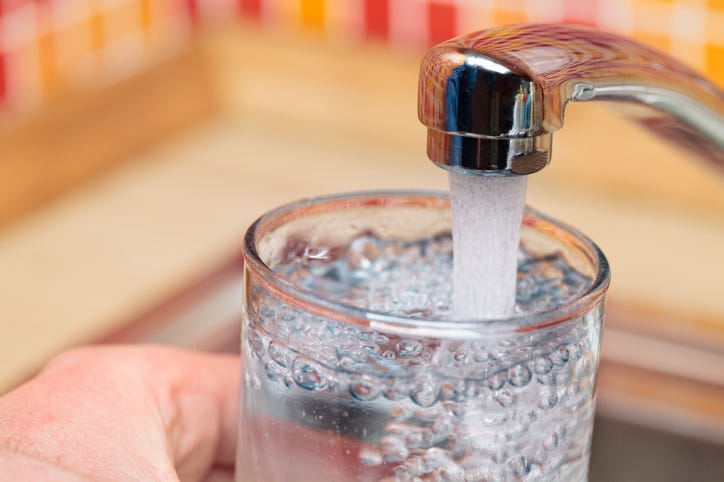BIRMINGHAM (WWJ) - Two metro Detroit communities are alerting residents to high levels of lead found in drinking water.
Officials in Birmingham and White Lake Township say water samples from several sites indicated that lead levels were higher than the federal safety level of 15 parts per billion.
In Birmingham, lead was found at five sites. Officials say it could potentially affect about 550 people, roughly 6% of the city's water customers.
In White Lake, lead was found at three sites.
Officials note that the higher lead results don't necessarily indicate the water source or quality for residents has changed. Updated regulations require more stringent sampling procedures and analysis, which can lead to higher lead results.
Below are some recommended actions to help reduce lead exposure. Lead can enter drinking water when in contact with pipes, solder, home/building interior plumbing, fittings and fixtures that contain lead. Homes with lead service lines have an increased risk of having high lead levels in drinking water. The more time water has been sitting in your home’s pipes, the more lead it may contain. Therefore, if your water has not been used for several hours, run the water before using it for drinking or cooking. This flushes lead-containing water from the pipes. Additional flushing may be required for homes that have been vacant or have a longer service line.
- Run your water to flush out lead-containing water.
- If you do not have a lead service line, run the water for 30 seconds to two minutes, or until it becomes cold or reaches a steady temperature.
- If you do have a lead service line, run the water for at least five minutes to flush water from the plumbing of your home and the lead service line.
- Consider using a filter to reduce lead in drinking water. The Michigan Department of Health and Human Services recommends that any household with an infant, young child, or pregnant woman use a certified lead filter to remove lead from their drinking water.
- Look for filters that are tested and certified to NSF/ANSI Standard 53 for lead reduction.
- Be sure to maintain and replace the filter device in accordance with the manufacturer’s instructions to protect water quality.
- Use cold water for drinking, cooking, or preparing baby formula.
- Do not boil your water as boiling will not reduce the amount of lead in water.
- Clean your faucet aerator to remove trapped debris.

